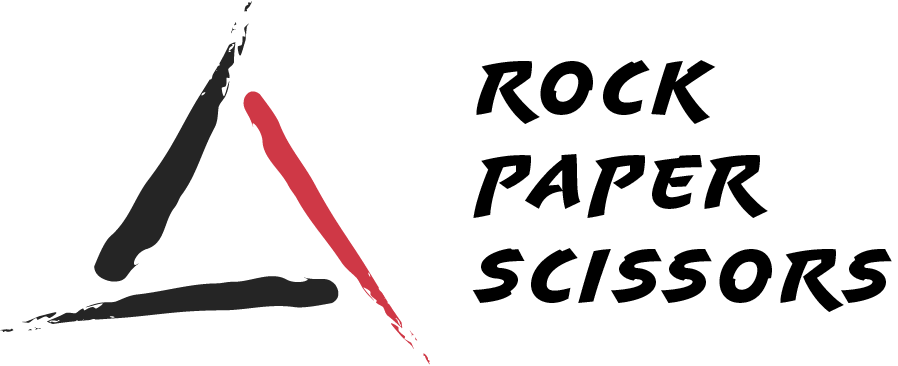“Managing slack off employee needs calculated efforts, but truly worth it in the long run.”
A company can be stuck in a struggle between micromanage and setting boundaries for employees who are starting to slack off. Micromanaging will consume so much time and effort, but on the other side, company wants to have predictable output. Despite all of it, some tricks must be done to handle slack off employee so it wouldn't affect progress or event that can also influence another employee. This type of employee is a red flag for you because it can create problems and unfair workloads. There will be missed deadlines, disorganization in the working process, or a catastrophic disruption.
Slack off Employee can be Contagious
Believe it or not, slacking employee can affect other people in the team even when other’s performance are considered good. Slack off employee can be very contagious to other team member performance. That will affect the office culture and team dynamics, especially the kind of distraction that based on interaction. According to a study from BambooHR, involving the poll from 1,000 employees, the major distractions in workplace are traditional activities, such as taking breaks to the office water cooler/break room and gossiping with coworkers. Besides of it, the bad things that slack off employee does will be obvious to others. It’s just a matter of time before someone takes advantage and says “because he/she did it too.” We will show 5 ways to handle slack-off employee to go back to the track.
1. Check-In
Is your employee really not doing their job or is there a lack of leadership? You can just simply check-in by asking a direct question to the employee to show that you were aware of their low performance/distraction. Get your employee into a cordial yet firm conversation. This is how you start it:
- Reveal to them that you've noticed they seem disengaged at work lately.
- Then you ask if whether they’re enjoying their job or not
- Ask what they like or don't like about the role
- Ask how they foresee their career path
- Get them to tell you what makes them give in to distractions or lower performance
2. Set Expectation
You should have a clear set of expectations on what's acceptable according to your company's standards. Regular check-in will make your employee aware of what’s expected of them, but measurable expectation can tell how often or how well the person needs to do it. This kind of expectations also served as deadlines so your slack off employee can set the pace to fulfil it. You can also evaluate the employee's performance at the end of a quarter and inform your next set of objectives moving forward.
3. Delegate with Meaning
If you think boredom is the issue, give them meaningful work that will force them to go outside of their comfort zone. The more you give your employee meaningful work, the less time to do other things. For example, if your employee is in an entry-level position, assign them pilot projects that would typically be managed by someone more senior. Support it with a clear deadline, so you can see how resourceful, passionate, and focused they are about their future with the company. You can also ask them about the ideas and plan in doing their work. It will make them more driven and feel trusted by you.
4. Keep Them Accountable
When you assign them deadline, also set out when you'll be checking-in. They will likely be prepared and all expectations will be clearer. You don’t have to check-in by storming into their space three times a day to see how much work they've done or bombard them with messages. That will just make your slack off employee feels less responsible for doing the work. You can do the check-in periodically and ask the project status instead. Your employee will appreciate your request, especially when you offer help or advice, but still, make them feel responsible to finish the best work.
5. Call Them Out
Let’s say you’ve already done the best you can to handle a slack off an employee, but they go back to their old habit. If this is the case, you need to call them out. Don’t start with an accusation, try an observation instead. Be honest and transparent to communicate what's an acceptable use of their time and how things have to change. After that, make a plan of accountability to start changing things.
Conclusion
If the above method doesn't work, it's better to free them from any responsibilities (let them go). It’s useless anyway for putting extra effort when the slack-off employee cannot give the value back to the company. The worst case, they can possibly drag other team members. So it is better to cut them off. After all the efforts must be done both ways. Your slack off an employee must have a will to fix things, not just you. You need to show that the company does care about them and were trying to identify the reason they’re behaving. It’s not much of a loss to fire an employee who doesn’t care anymore about his/her work or the company.
Rock Paper Scissors is the missing link between business and technical world. We translates business language into technical, and technical limitation into business constraints. We guide organization and individuals alike to create their own digital product and navigates all the complexity of product creation process. Find out more.
References:
https://www.inc.com/mandy-gilbert/are-your-employees-slacking-off-here-are-5-ways-to.html
https://talentbridge.com/blog/employees-slacking-off-fault/
